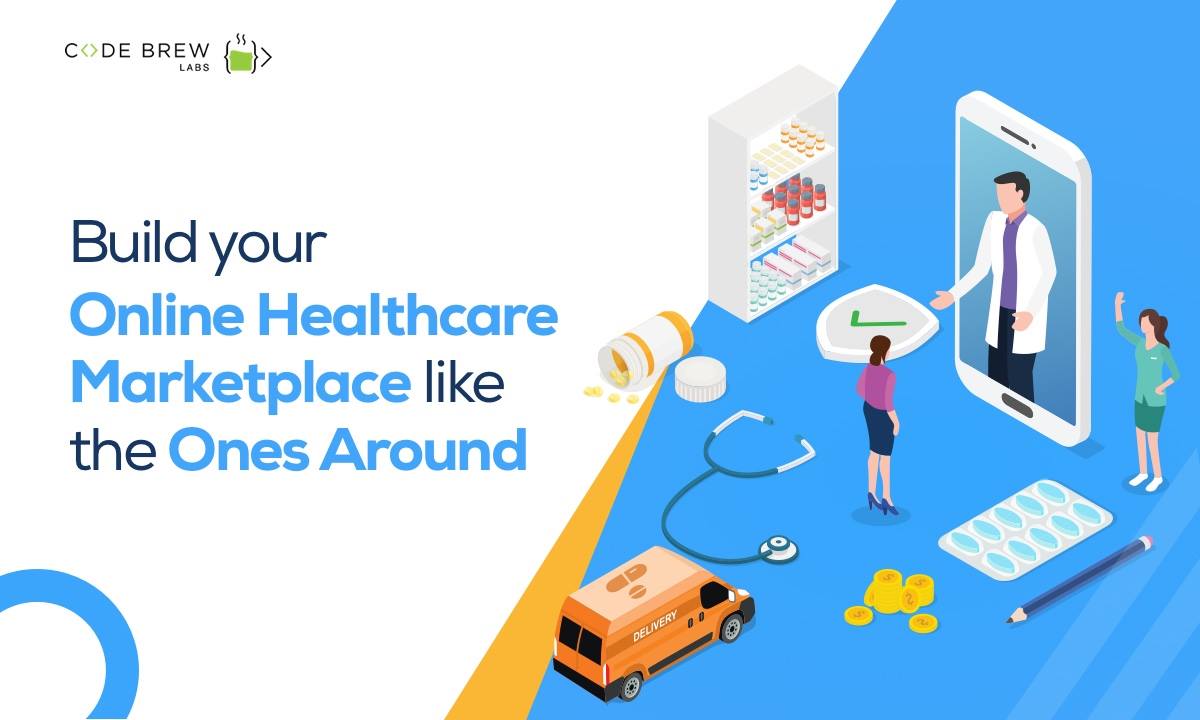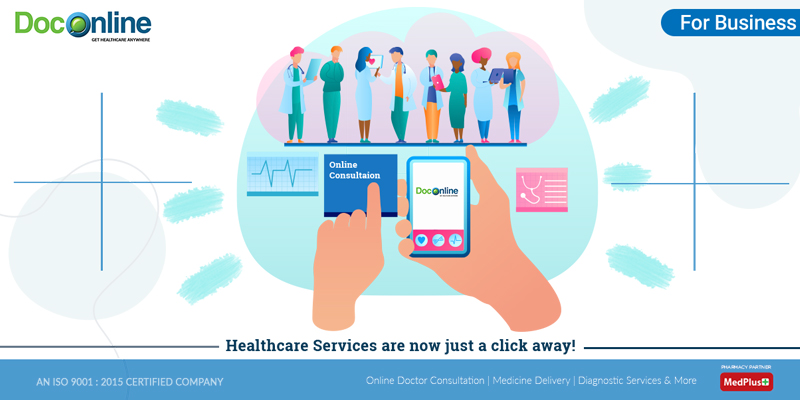How Subscription Based Healthcare is Reinventing Patient Access to Services
How Subscription Based Healthcare is Reinventing Patient Access to Services
Blog Article
Navigating the Future of Medication With Subscription-Based Health Care Solutions
As the medical care industry develops, subscription-based services become a crucial design assuring to reshape client care shipment. With the potential to supply streamlined, economical services with predictable prices and personalized interest, these solutions stand at the leading edge of modern clinical innovation. Yet, as we consider their rise, one have to contemplate the effects of incorporating such systems right into existing healthcare frameworks. What difficulties do they posture in terms of information protection and equitable accessibility, and how might they redefine the patient-provider relationship? The responses to these concerns could fundamentally alter our technique to medical care.
Surge of Membership Health Care
As medical care systems around the globe face enhancing stress from rising prices and need for solutions, the advent of subscription-based medical care models has emerged as a transformative pattern. This cutting-edge strategy is interfering with standard health care shipment by offering a foreseeable, flat-rate payment framework for medical solutions. Rooted in the principles of attendant medication, subscription-based medical care enables service providers to focus on personalized patient care while simultaneously handling functional effectiveness.
The raising customer demand for openness and predictability in health care expenditures has actually driven the change in the direction of this version. Subscription-based solutions frequently supply straight access to health care professionals, which can decrease the management concerns associated with insurance coverage claims and reimbursements.
This version is acquiring traction among diverse doctor, from primary treatment medical professionals to specialized clinics, by aligning economic motivations with preventive and constant treatment. By shifting the emphasis from quantity to value-based treatment, membership medical care has the potential to improve the landscape, promoting a more patient-centered and lasting technique to wellness management.
Advantages for Patients

Furthermore, subscription-based solutions often stress preventive care, urging normal examinations and health and wellness screenings. This aggressive method can lead to very early detection of health issues, potentially enhancing results and decreasing long-lasting medical care prices for people. Such versions usually supply clear prices, permitting clients to better comprehend their health care expenditures and prevent unexpected medical costs.
The customized nature of subscription-based health care also boosts patient experience. Individuals can get customized healthcare plans that fit their particular requirements, promoting a much more patient-centric technique.
Technology's Role in Transformation

Expert system (AI) plays an essential role in anticipating analytics, assisting in very early medical diagnosis and customized therapy strategies. AI about his formulas evaluate vast datasets to determine patterns that may be overlooked by human observation, therefore improving professional decision-making. Moreover, electronic wellness documents (EHRs) simplify client info management, guaranteeing continuity and comprehensibility of treatment across different solutions and carriers.
Blockchain modern technology boosts data safety and privacy, crucial for preserving patient trust fund in electronic systems. It allows safe and transparent purchases of clinical information, making sure that sensitive details continues to be safeguarded. With the combination of machine learning and AI, blockchain can automate complicated medical care procedures, lowering management concerns.
Difficulties and Considerations
While innovation thrusts the capacities of subscription-based healthcare solutions, it additionally introduces a collection of challenges and factors to consider that must be resolved to guarantee successful execution. One substantial challenge is the fair ease of access of these services. As subscription versions usually depend on electronic systems, there is a threat of exacerbating the digital divide, leaving behind people without web gain access to or digital proficiency. Ensuring these solutions do not overmuch benefit only tech-savvy and upscale populaces is essential.
Information personal privacy and protection represent an additional essential consideration. Subscription-based solutions usually involve the collection and storage of large amounts of personal wellness info. Service providers need to stick to rigorous information defense regulations to preserve individual trust fund and look at more info prevent unapproved access, which can cause significant honest and legal repercussions.
Furthermore, the sustainability of subscription versions poses an obstacle. As healthcare requires advance, maintaining an economical balance between subscription fees and service quality is important to protect against client frustration and attrition. Incorporating these solutions within conventional health care systems needs seamless interoperability between systems, which is commonly a facility and resource-intensive venture. Dealing with these challenges is important as subscription-based health care services continue to advance and increase.
Future Ramifications for Medicine
Subscription-based health care services are positioned to substantially affect the future landscape of medication by improving exactly how treatment is accessed and delivered. These versions provide the possible to democratize medical care access, offering patients with more prompt and personalized treatments. By leveraging technology, such as telemedicine and data analytics, registration services can assist in constant surveillance and tailored health and wellness management, thus enhancing outcomes and reducing the worry on conventional medical care systems.
As these services gain traction, they can stimulate a shift in the direction of preventative care, highlighting the importance of very early detection and administration Read Full Article of chronic problems. This aggressive strategy may eventually decrease healthcare prices by minimizing the requirement for costly treatments occurring from late-stage condition monitoring. Registration versions use a scalable remedy to address variations in health care accessibility, particularly in underserved or country populaces.
Nonetheless, the shift in the direction of subscription-based models necessitates attending to ethical and governing factors to consider, including data personal privacy and equitable accessibility. As the industry develops, collective efforts in between policymakers, technology developers, and doctor will be essential to developing durable structures that guard client rate of interests while fostering advancement. Eventually, these services promise to contribute significantly to a much more reliable, patient-centered health care ecosystem.

Conclusion
Subscription-based medical care services stand for a substantial advancement in the clinical field, using predictable prices and individualized treatment that boost accessibility and focus on preventive measures. As the healthcare landscape progresses, registration designs are poised to play an essential duty in shaping the future of medication.
As the medical care industry progresses, subscription-based solutions emerge as a pivotal design assuring to improve individual treatment shipment.As health care systems around the world face raising stress from rising expenses and need for services, the development of subscription-based healthcare models has actually emerged as a transformative trend (subscription based healthcare).With the rise of subscription-based healthcare designs reshaping typical healthcare distribution, clients are starting to experience considerable benefits from this innovative approach. As medical care requires evolve, preserving a cost-effective equilibrium between registration fees and solution high quality is vital to protect against client discontentment and attrition.Subscription-based health care services are positioned to considerably influence the future landscape of medication by reshaping exactly how treatment is accessed and delivered
Report this page